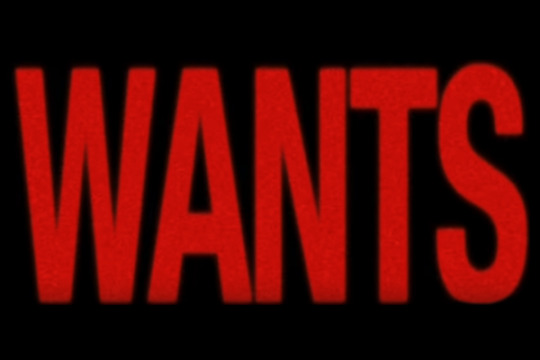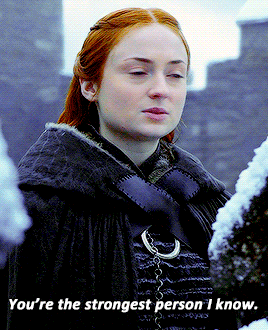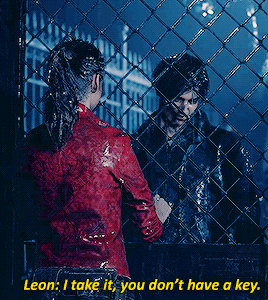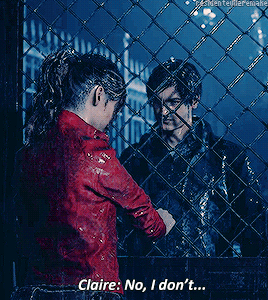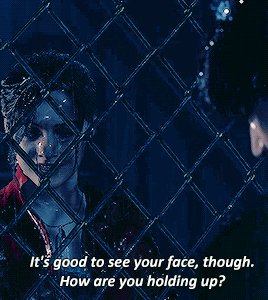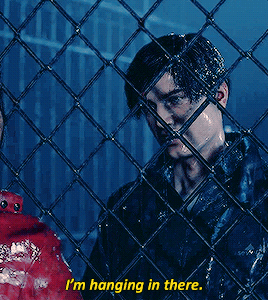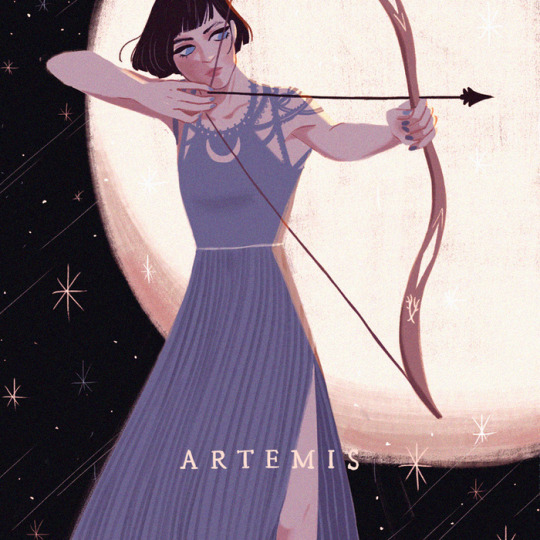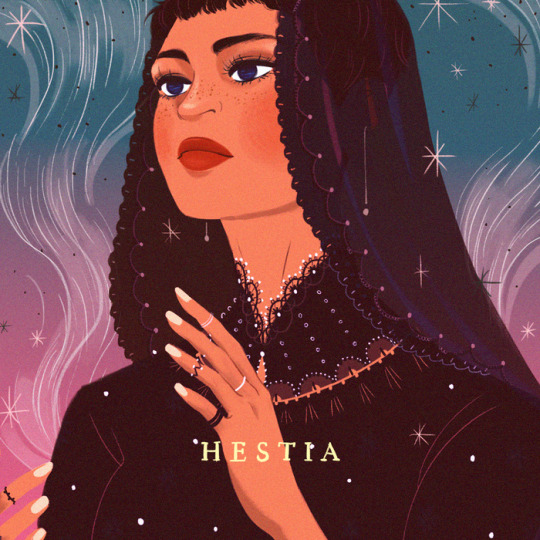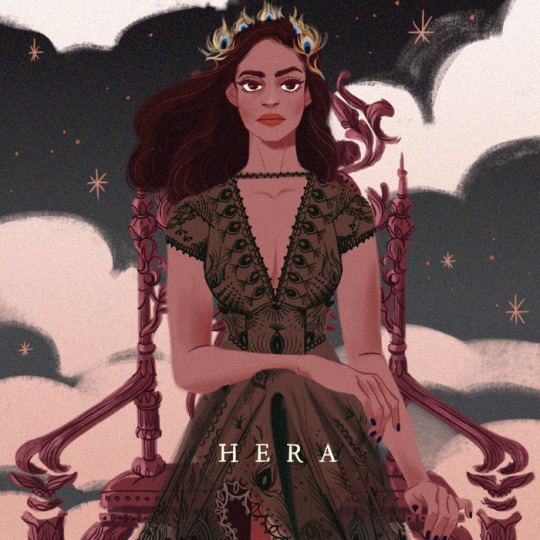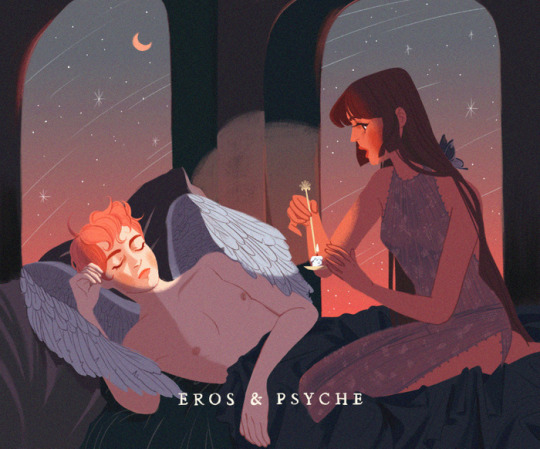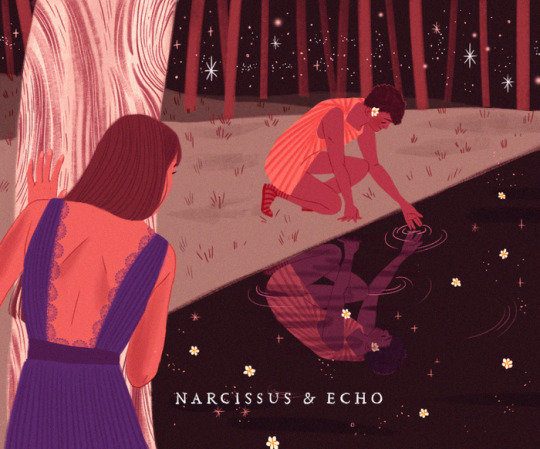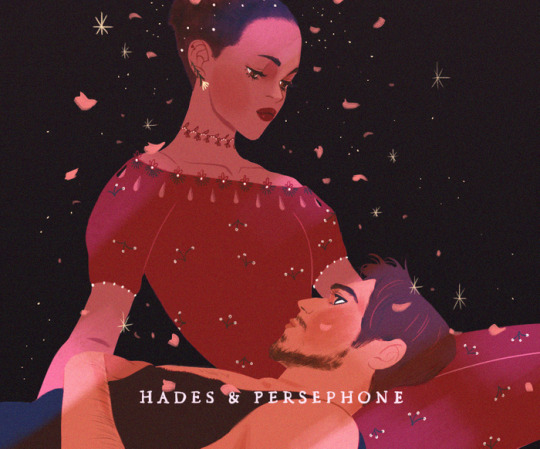[ Ivana | 25 | Italy | she/her | INTJ & Libra | ♄ & ♆ ] Writer, bookworm, foreign languages and translation studies.
Don't wanna be here? Send us removal request.
Text
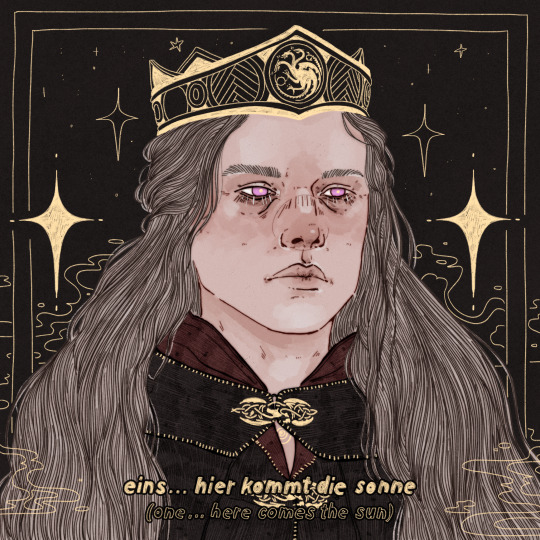
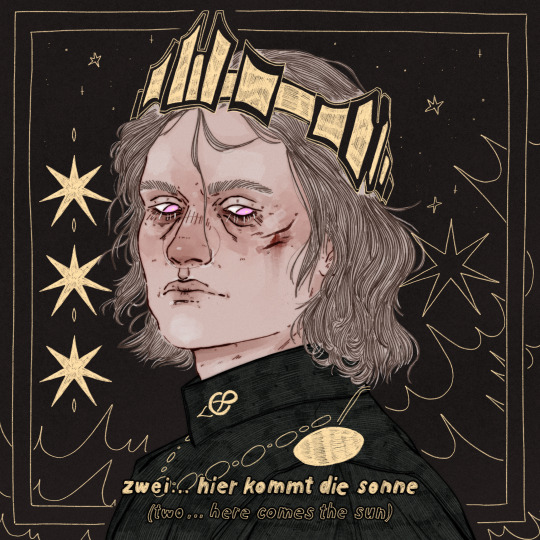
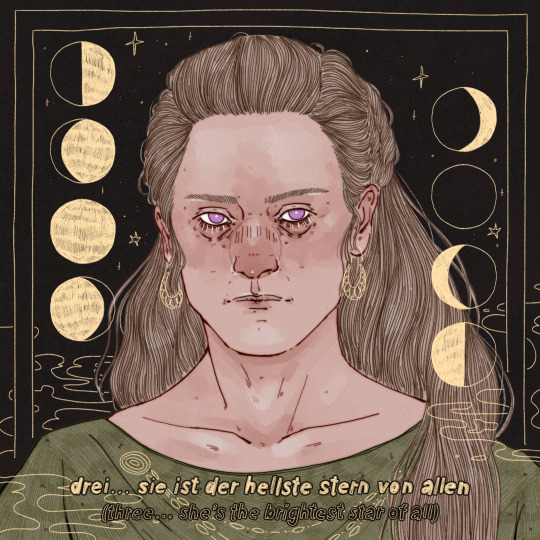
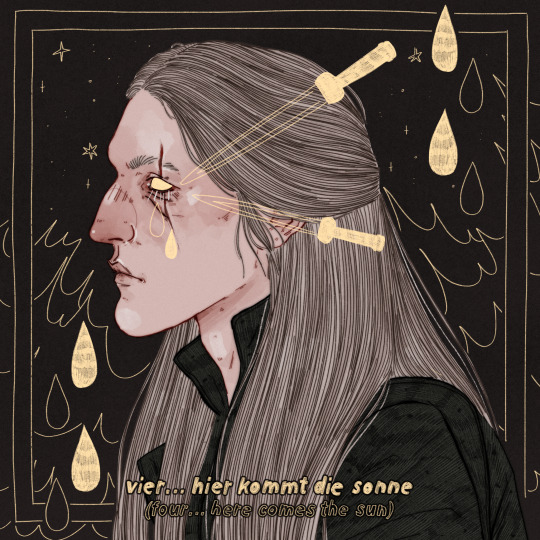
sonne by rammstein is so viserys’ kids core……
prints available here (including no lyrics versions)
5K notes
·
View notes
Photo

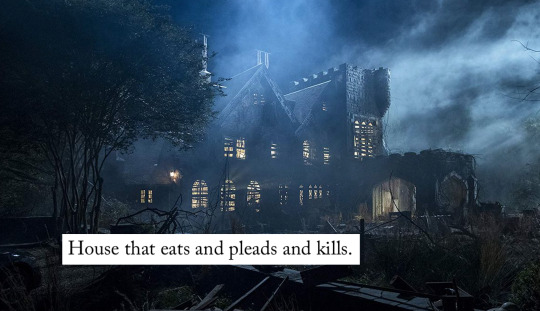


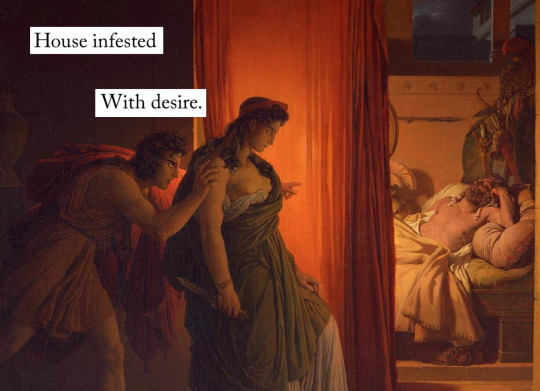


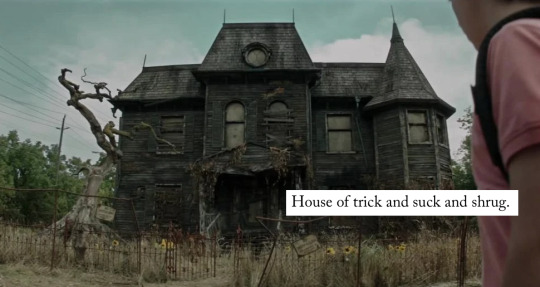
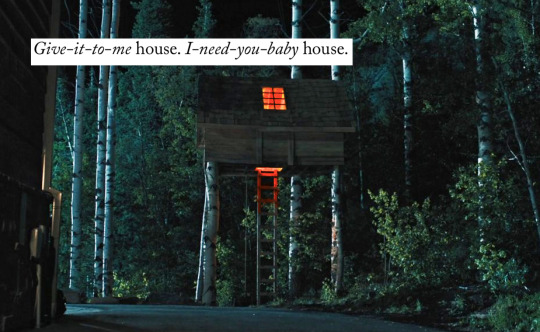
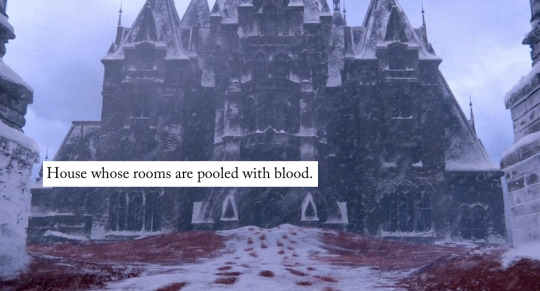
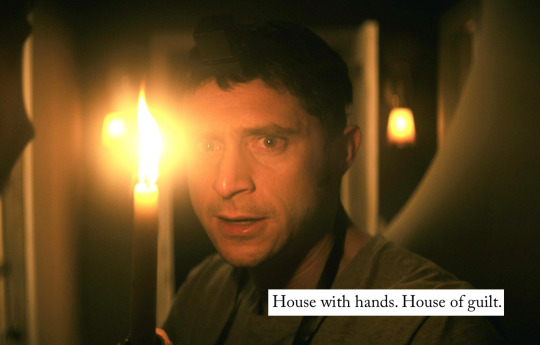

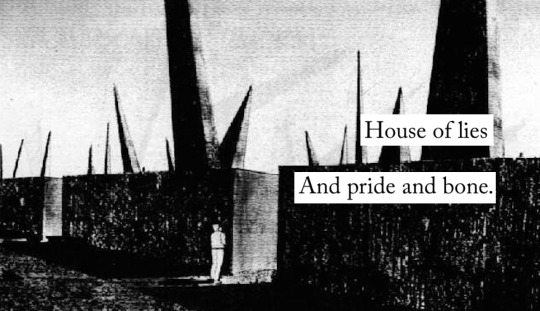
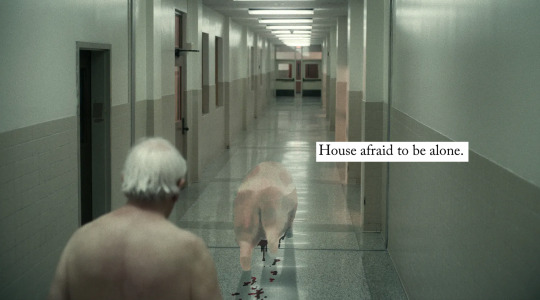
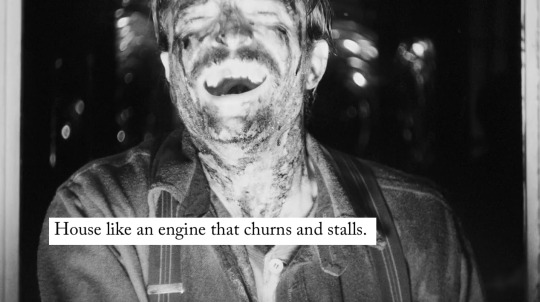
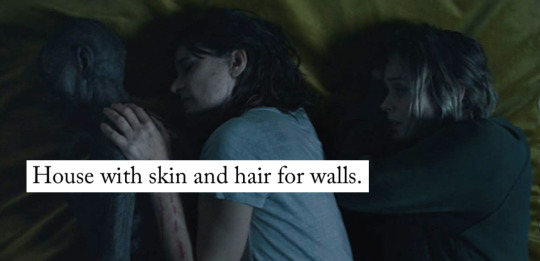
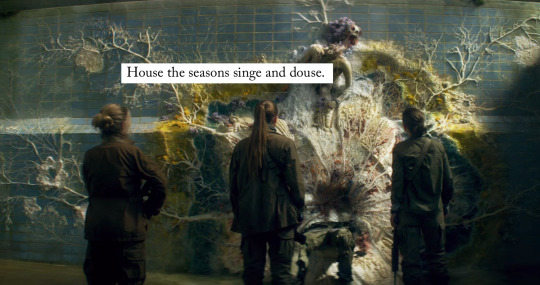
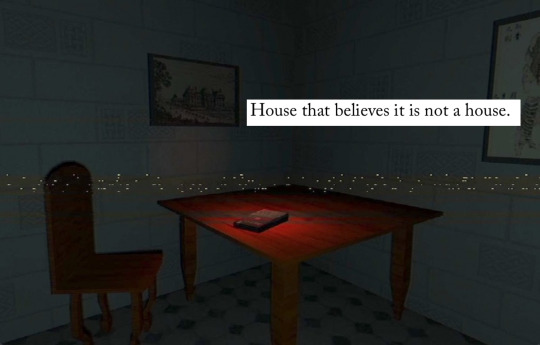
ash by tracy k. smith
piranesi vi, giovanni piranesi // the haunting of hill house, dir. mike flanagan // bony legs, joanna cole & dirk zimmer // midsommar, dir. ari aster // murder of agamemnon, pierre-narcisse guérin // game of thrones: a man without honor, dir. david nutter // goodnight mommy, dir. veronika franz & severin fiala // it, dir. andy muschietti // hereditary, dir. ari aster // crimson peak, dir. guillermo del toro // the vigil, dir. keith thomas // house of leaves, mark z. danielewski // spike field, safdar abidi // i’m thinking of ending things, dir. charlie kaufman // the lighthouse, dir. robert eggers // relic, dir. natalie erika james // annihilation, dir. alex garland // anatomy, kitty horrorshow
35K notes
·
View notes
Text
Damiano David 🤝 Till Lindemann
Being killed by each member of the band
#måneskin#rammstein#damiano david#till lindemann#mamma mia#haifisch#ethan torchio#victoria de angelis#thomas raggi
37 notes
·
View notes
Text
ABOUT THAT WRONG THING
Here’s the analysis I promised. *** CROOKED KINGDOM SPOILERS *** WHY WAS MATTHIAS HELVAR’S DEATH JUST WRONG? 1. THE WAY IT HAPPENED 1.1. The Hand of the Author “The Hand of the Author” is an expression that indicates how much we feel the presence of the author into the story, the moments in which they intervene to manipulate the events in a forced and unrealistic way instead of following thecoherency of their own plots. Now, let’s think about the sequence of the scene: a) Matthias if left alone and unarmed at job done; b) the boy has been able to follow him despite the messy situation; c) Matthias decides not to defend himself and talks to him in a kind and totally reasonable manner; d) the boy shoots him anyway. This death is absolutely anti-climatic, forced and disrespectful for such a character and the scenes from chapter 38 to 40 seem to be completely disconnected from the rest of the story. It looks like the author (despite her statements) was going to finish the book and said : “Oh, no, I cannot end this story without killing at least one main character, let’s kill the one I think the readers like less!” Even though Matthias was the worst character to kill off, as I’m going to explain in Chapter 2, if the author desperately wanted to kill him, she could at least give him a more decent death, like, for example, making him sacrifice to save someone. 1.2. Confusing sequences Matthias is shot by the young drüskelle, but he is still able to run to Nina. What does this mean? Why does the boy let him go, after shooting him? I honestly doubt Matthias has killed him to escape. Maybe he has knocked him down, but that wouldn’t make more sense to the entire context. 1.3. Fjerdan mentality Matthias gives the young drüskelle valid reasons to put his gun down: he has no weapons and cannot go anywhere. Do Fjerdans, filled with hatred but also obsessed with honour and discipline, really teach their young soldiers to be blinded by anger and kill a wanted man (“Dead OR ALIVE”) who is unarmed and willing to cooperate? The boy could have become a Fjerdan hero, if he had brought Matthias as a prisoner to his companions, rather than shooting him for no reasons and then being also unable to prove he killed him. 1.4. Double standards An author cannot build an unrealistic plot armor to some characters (for example, Kaz, a limping boy, who defeats all the Dregs alone) and kill others in a totally “random” and anti-climatic way, at job done. As I say in my small guide “Five simple rules every author should know about characters’ deaths”, double standards compromise the logic and the coherency of the story. 2. THE WAY IT BREAKS BASIC NARRATIVE RULES 2. 1. Character development Matthias’ storyline is mainly focused on two topics: his relationship with Nina and his character development. He literally spends two books to work on himself, unlearning everything he was taught since he was a child and finding a new purpose based on his change of heart. When characters are made to evolve during the story, the most logical choice is to give them an opportunity to make their development useful and significant outside of their their safe zone (for example, their group of friends). And, most important thing, an author should never kill their characters if they haven’t complete their development. And that’s why Matthias was the worst character to kill off at the end of Crooked Kingdom: first of all, he hadn’t fully complete his development (he was still very insecure during social interactions and was still fighting against crumbles of Fjerdan mentality); secondly, no one out of the Crows has seen his development, since the author made him fail during his first real attempt to demonstrate something. I think people would need practical demonstrations to make a change possible, it can’t really be enough for them to hear his story from Nina. It’s just not realistic. Killing Matthias in that way and in that moment, made the character uncompleted and his entire development vain. I’ll conclude the subchapter with a simple example: why do you think it was Jack to die in Titanic, instead of Rose? Because Jack was a complete character, while Rose was still completing her development and had to put it into practice. The criterion is the same. 2.2. Characters’ deaths and their impact on the story Authors owe respect to their characters and have to build their paths properly from the beginning to the end, to guarantee quality to the story. Unless they’re writing a story about random events of human life, they should kill characters only when their deaths make sense to the plot and can give a valuable contribute to other characters’ storylines. A story lacks of quality when characters (especially main characters) are killed just for shock value, to add unnecessary angst and suffering to other characters or because “I cannot give a happy ending to everyone, happy endings are for children”. Matthias’ death was anti-climatic, useless and has so little impact that, if a reader jumps chapters from 38 to 41, it almost seems nothing has changed. 2.3. The failure After everything Matthias did to change and evolve, the author made his first attempt to put in practice what he learnt a huge, undeserving failure. First of all, even though he is unarmed, Matthias is fully able to defeat the boy but he doesn’t do that, that means he chooses not to defend himself. He wants to give the boy a possibility, he wants to demonstrate that there’s still hope for Fjerda. And his faith is repaid with death. These kind of plot choices SOMETIMES (and not in this case) can make sense if written at the beginning or in the middle of a story, not at the ending, when everything seems to be resolved. What is the author trying to suggest us? Fjerdan people are hopeless? If Matthias hasn’t been able to persuade a young boy, who, despite his anger and hatred, should have a more “elastic” mind, how could it be possible to convince older people in Fjerda, who have lived with their beliefs for decades? Does the author really think it is realistic that Nina’s words will be heard by Fjerdans? I’m starting to think her and Matthias’ dream is just destined to fail… * SPOILER FROM NIKOLAI DUOLOGY * (Please, don’t mention me the Nikolai Duology, which I tried to read but I abandoned due to several reasons, one of them, I consider the Crows’ arc closed, after that ending, and I don’t like the idea of using the group only as a “passage moment” for both a character and a major plot. And to be honest, I think it’s just not fair that the work Matthias started to change Fjerdans’ mentality would be finished by a character who is just similar to him (well, even too much similar) but hasn’t faced everything he went through with Nina. It sounds like Bardugo is trying to replace him and this is bad. 3. THE AUTHOR’S STATEMENTS And now, in the third and final part of my work, I’m going to report some statements the author said during interviews about this choice and explain why I cannot help but strongly disagree with her. 1. “Matthias didn’t deserve a happy ending because he spread too much hate, he had to pay.” Okay, first of all, Matthias didn’t just wake up one morning, deciding to spread hate for no reasons. Do we need to think about his background? 1. He had always been taught to fear Grishas and see them as monsters; 2. A group of those monsters killed his family and he has been taken by a man who took advantage of his trauma to turn him into a weapon. He received bad teachings (and not only from Jarl Brum, but also from Grisha people who burnt his family alive), he has also been able to unlearn those teaching and decide to do something to repair and make things better. About the “he had to pay” stuff, excuse me, but he has been tortured in Hellgate for a year, being forced to kill wolves, that were not only sacred to him, but also reminded him of his own pet wolf, and living with the belief that the girl he fell in love with had betrayed him. Wasn’t that enough? And, last but not less important, here we go again with double standards: Matthias, who understood his mistakes and was determined to fix them “didn’t deserve a happy ending,” but Kaz Brekker did? Kaz is a great character, but he also did terrible things and I’m sure he’ll never do anything to fix them because he’s too broken and rotten inside. That’s okay, not all the characters are made to have a great development, but statements like this, when we compare the two characters, just sound a bit incoherent. 2. “He has been killed by the younger version of himself” Does the author really think this is a great symbolism? Doesn’t she know that being killed by a younger version of yourself, especially after you went through a great redemption arc, just means “Regression”? She’s basically saying that it doesn’t matter if you worked hard to change and to fix your mistakes, you don’t deserve to be forgiven, you are your past and you’re destined to be destroyed by it (unless your name is Kaz Brekker). Past is a part of us, of course, we cannot change it and we can be hurt by it, but we cannot let it “kill” us. The message the author gave is just wrong and filled with extremist, unnecessary moralism. It definitely doesn’t fit the atmosphere of a Young Adult novel, which should promote progression, instead of regression. As I said, she also seems to be willing to demonstrate that Fjerdans are just evil and will never change. I wonder if Bardugo has ever seen “The Lion King”, because Rafiki would be very disappointed by all of this. 3. “I knew from the beginning I would have killed him off” Even though the way she killed him seems to demonstrate something different, Bardugo has always stated that she wanted to kill Matthias by the moment she created him. Okay, we can believe it, but I can still speak against this statement. How? I’m sure this thing has happened to many writers: we create characters and decidespecific endings for their storylines, but, while we’re writing, those characters “come to life” into our hands and they sometimes evolve out of our control and start to lead us to a different path. Since the story is made by our characters, we should follow the directions they take, for the sake of the plot: we shouldn’t listen to fanservice or to old plans, we should listen to our characters. That’s why it can happen we end up saving a character we were meant to kill of at the beginning, as well as killing a character we hadn’t plan to kill off. It is just wrong to stubbornly follow an old idea that doesn’t fit the story anymore, that’s why authors cannot use it as an excuse to justify their mistakes. (The finale of “How I Met Your Mother” is a great example to explain this concept). 4. CONCLUSIONS “Geez, what was that for?” - It doesn’t matter. It’s in the past. “Yeah, but it still hurts!” - Ah, yes, the past can hurt. But the way I see it, you can either run from it, or… learn from it. (“The Lion King”, 1994) Matthias wasn’t even running away from his past. He faced it. He wanted to do something about it. He was ready to rise from the ashes of his past and work for a better future. And those are all the reasons his death is just wrong from every kind of perspective: narrative, logic, symbolism. Matthias Helvar deserved better. Not only from his life, but also, and especially, from the author who created him. *** Hope you agree with me. Haters stay away, I won’t change my mind. Don’t make flame under my post. If you agree with me and like my work, feel free to share. Thanks for reading!
134 notes
·
View notes
Photo
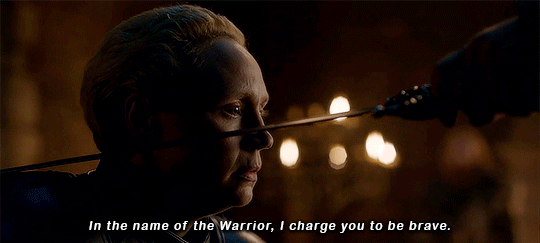



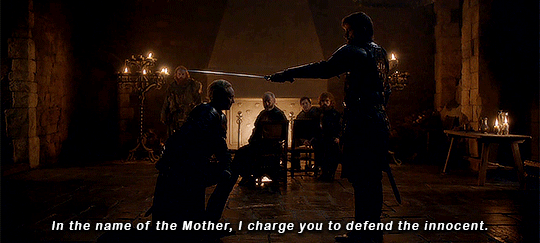


Ser Brienne of Tarth, a Knight of the Seven Kingdoms.
27K notes
·
View notes
Photo


She wished somehow they could come to the Wall before Winterfell, so Jon might muss up her hair and call her “little sister.” She’d tell him, “I missed you,” and he’d say it too at the very same moment, the way they always used to say things together. She would have liked that. She would have liked that better than anything.
4K notes
·
View notes
Photo





🎶 But I’m a creep, I’m a weirdo. What the hell am I doing here? I don’t belong here. 🎶
197 notes
·
View notes
Text
NASA has released new images of Jupiter, taken by the Juno Spacecraft.

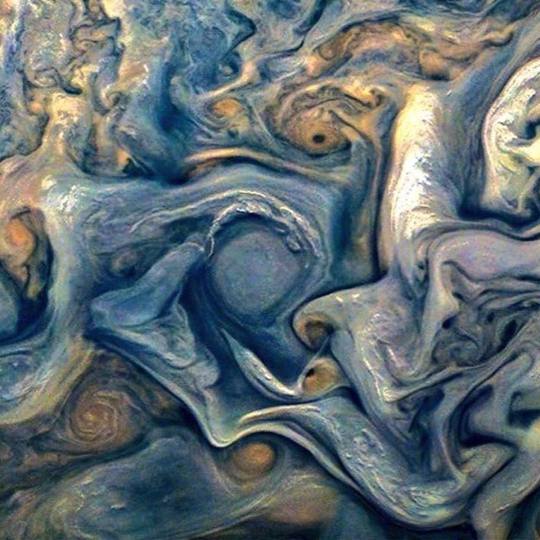
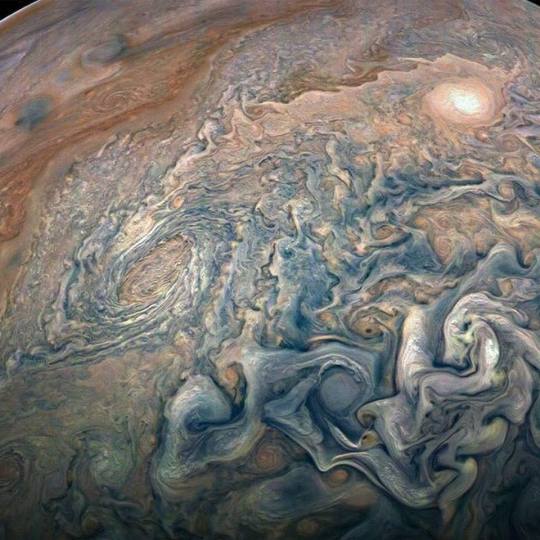

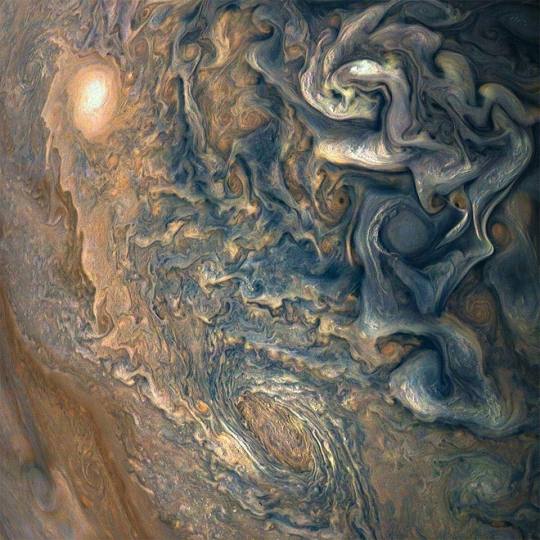


456K notes
·
View notes
Photo


They were parted by an unescapable destiny.
This is just the beginning of their worst nightmare.
5K notes
·
View notes
Photo




zoe kravitz photographed by nagi sakai for elle, 2018
3K notes
·
View notes






